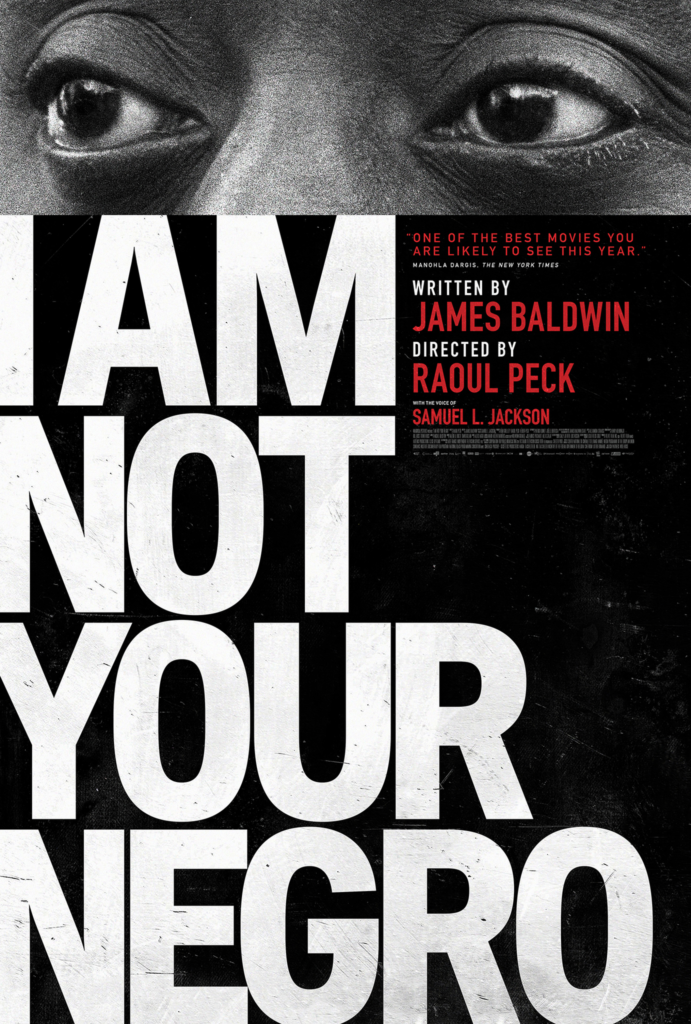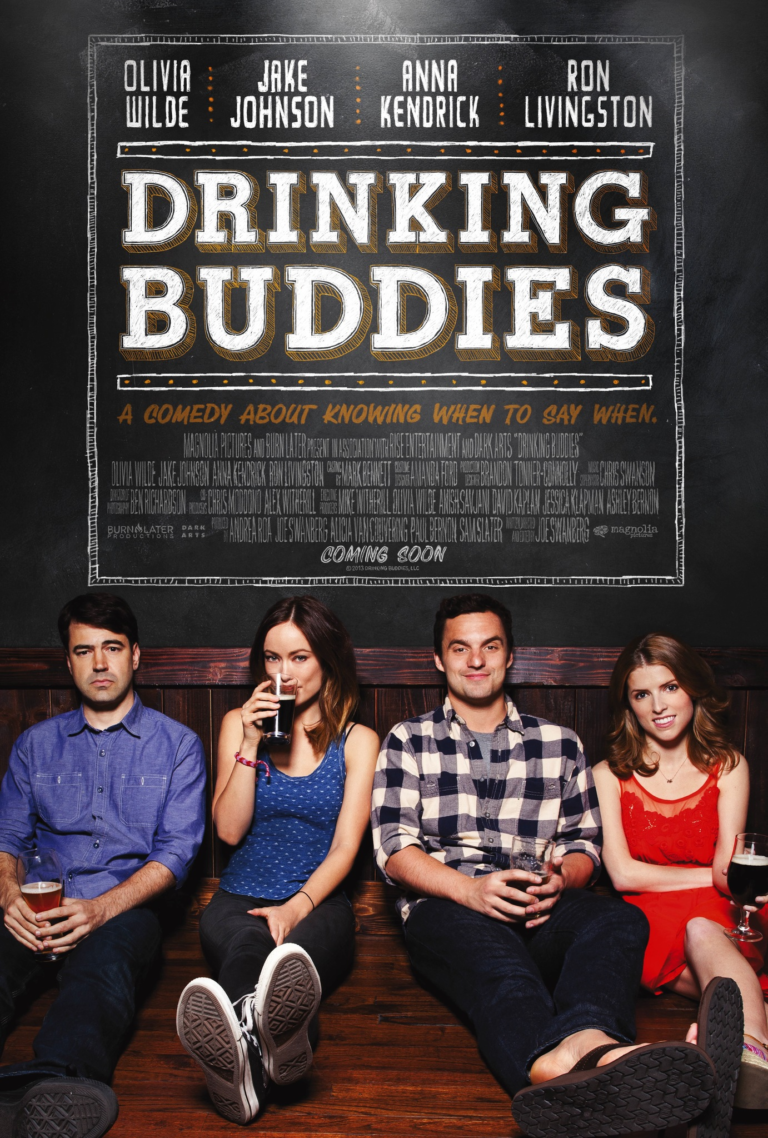I Am Not Your Negro Christian Review

The moment you press play on I Am Not Your Negro, it grips you. Not in a sensational, Hollywood-thriller kind of way, but in a deeper, soul-level fashion. You feel the weight of history, the sting of Baldwin’s words—carefully chosen, eloquently delivered by Samuel L. Jackson, and still reverberating today. And as a Christian, you’re left pondering, maybe a little uncomfortably, how we fit into this conversation. Baldwin, who passed nearly three decades ago, seems to see our present reality with an eerie clarity that refuses to be ignored.
Baldwin’s Words: The Truth That Still Stings
There’s no escaping it. I Am Not Your Negro doesn’t soften the blow or let you ease into any kind of comfort zone. Baldwin’s words cut deep. They make you sit up a little straighter. And through Samuel L. Jackson’s voice, they almost feel like a prophetic message from the past, landing squarely in today’s turmoil. It’s more than just a commentary on racial issues. It’s a demand for truth, a call to action. For those of us who profess faith, this film raises the question: What is our role in confronting the uncomfortable truths of racial injustice? Are we willing to face these harsh realities head-on?
Baldwin doesn’t give us a pass. His words were directed at a nation steeped in racial division, but they apply just as much now as they did in the 1960s. If anything, they echo louder. As Christians, we’re taught to love our neighbor as ourselves (Mark 12:31). But I Am Not Your Negro asks us to consider if we’ve actually been living out that command. Or have we, like the Pharisees, been guilty of overlooking the suffering of others because it’s too uncomfortable to address?
Discomfort with a Purpose: The Power of Unease
As you settle into the film, something shifts. That initial unease turns into something more productive. Yes, it’s uncomfortable, but it’s discomfort with a purpose. We, as believers, often crave comfort—comfort in our routines, comfort in our faith, comfort in our daily lives. But sometimes God uses discomfort to wake us up. Think of Jesus in the temple, flipping tables and causing a scene (John 2:13-16). He didn’t come to bring us a cozy faith; He came to confront injustice and call us to a higher standard. I Am Not Your Negro serves as a similar wake-up call, confronting us with the ongoing reality of racial injustice in a way that refuses to be ignored.
Baldwin’s analysis of America’s racial wounds isn’t just historical commentary—it’s a mirror reflecting the issues we continue to wrestle with today. And it forces us, as Christians, to confront the question: Are we doing enough to stand up for justice? Are we truly embodying Christ’s command to seek justice, love mercy, and walk humbly with God (Micah 6:8)? Or are we more concerned with preserving our own comfort and safety?
A Voice of Prophecy: Baldwin’s Unapologetic Truth
There’s a reason Baldwin’s words still resonate so strongly. In many ways, he serves as a modern-day prophet, unafraid to speak truth to power. Throughout the Bible, prophets were often the most unpopular voices of their time. They didn’t tell people what they wanted to hear; they told them what they needed to hear. And that’s precisely what Baldwin does in this film. His critiques of American society aren’t wrapped in niceties. They are raw, unfiltered, and uncomfortable. Yet, they are also undeniably true.
When Baldwin speaks about leaders who care more for their profits than for the people they’re supposed to serve, it’s hard not to draw parallels to today’s political and economic systems. As Christians, we should be among the first to stand up against such exploitation. Jesus’ ministry was centered on lifting up the marginalized and calling out the powerful when they failed to do so. Baldwin’s words challenge us to reflect on whether we’ve been complacent in allowing injustice to continue unchallenged.
History Repeats: The Ongoing Struggle for Justice
One of the most striking aspects of I Am Not Your Negro is how seamlessly it connects the Civil Rights Movement of the past with today’s struggles for racial equality. Baldwin’s observations could just as easily be applied to the Black Lives Matter movement, or to any of the countless conversations we’re having today about race in America. This continuity of struggle serves as a reminder that the battle for justice is ongoing, and as Christians, we cannot sit on the sidelines.
Romans 12:15 tells us to “rejoice with those who rejoice and mourn with those who mourn.” This film invites us into a space of mourning, but not the kind of mourning that leads to despair. Rather, it’s the kind of mourning that calls us to action, to repentance, to change. There is no neutrality here. Either we are working toward justice, or we are complicit in allowing injustice to continue.
Hope Amidst the Struggle: A Christian Perspective
Despite the heaviness of the film’s subject matter, there is hope woven throughout. Baldwin’s reflections, though often bleak, also speak to the resilience and strength of those who have fought and continue to fight for justice. For Christians, this message of perseverance resonates deeply. The Bible reminds us over and over again that suffering produces perseverance, and perseverance produces character, and character produces hope (Romans 5:3-5).
We are not called to be passive observers in this struggle for justice. Rather, we are called to be active participants in God’s work of reconciliation. 2 Corinthians 5:18-19 tells us that God has given us the ministry of reconciliation. This means that we have a responsibility to not only acknowledge the brokenness in our society but to work toward healing it. And healing can only come when we face the truth, no matter how uncomfortable it may be.
Conclusion: A Call to Do Better
Watching I Am Not Your Negro isn’t just a passive experience. It’s a call to action. Baldwin’s words remind us that the fight for justice is far from over, and as Christians, we have a unique responsibility to be a part of that fight. We are called to love our neighbors, to seek justice, and to speak truth, even when it’s difficult.
In the end, I Am Not Your Negro leaves you with more questions than answers. But maybe that’s the point. Maybe we, as Christians, need to sit with the discomfort for a while. Maybe we need to wrestle with the fact that we haven’t always done enough. And maybe, just maybe, we can come out on the other side more committed to living out the radical love and justice that Christ calls us to.
For its unflinching honesty, its prophetic voice, and its challenge to both society and the church, I Am Not Your Negro deserves a place in any Christian’s must-watch list.
Rating: 9/10
A necessary and powerful film that urges us to confront uncomfortable truths and inspires us to be better.







